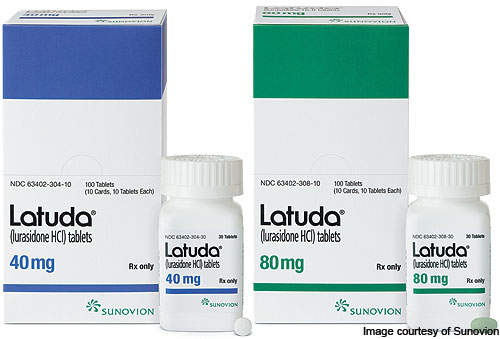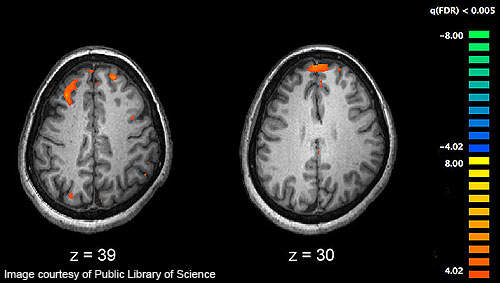Latuda (lurasidone HCl) is indicated for the treatment of schizophrenia. The drug was developed by Sunovion Pharmaceuticals, a wholly-owned subsidiary of Dainippon Sumitomo Pharma (DSP), Japan.
On 28 October 2010, Sunovion received the US FDA approval for Latuda tablets for the treatment of schizophrenia. The drug is expected to be launched in the US market during the first quarter of 2011. It will be available as 40mg and 80mg tablets.
Schizophrenia
Schizophrenia is a disorder that disturbs the brain’s thinking and emotional responsiveness processes. The symptoms of the disease are delusions, lack of methodical thinking and speech, hallucinations, lack of emotion and lack of energy.
The disease is commonly associated with problems with attention, memory, planning, organisational ability and decision making.
The disorder occurs in young adulthood and affects men more commonly than women. It affects more than 2.4 million people in the US, occurring in about one in every 100 people.
Latuda, an oral treatment for schizophrenia
Latuda is classified as a class of drugs known as antipsychotics, which reduce the stress or tension without reducing mental clarity. The drug is used orally for treatment of schizophrenia.
Each tablet contains about 40mg or 80mg of lurasidone hydrochloride, a compound derived from a class of chemicals called benzoisothiazol. The compound is highly soluble in water.
Clinical trials
Sunovion conducted the first phase III clinical trials on Latuda from October 2007 to October 2010. The study enrolled 489 participants across 48 study centres in the US, France, Ukraine, Malaysia, Romania and India. It was designed to assess the drug’s influence on various symptoms of schizophrenia such as grandiosity, delusions, low attention span, and weak impulse control.
The company initiated the second set of phase III clinical trials on Latuda in March 2008 by enrolling 600 participants. The study is being conducted across 68 centres in the US and seven other countries. The study will assess the long-term effects of lurasidone in comparison with an active comparator.
The third set of phase III clinical trials on Latuda were conducted under the Program to Evaluate the Antipsychotic Response to Lurasidone (PEARL 3) across 65 study centres in the US, India, Russia, Ukraine and Colombia from October 2008 to July 2010.
The PEARL 3 study enrolled 488 patients with acutely psychotic chronic schizophrenia. The study was designed to test the safety and efficacy of Latuda in treating schizophrenia patients in comparison with placebo.
The results of the study showed that Latuda 80 and 160mg/day doses were significantly more effective than placebo after six weeks. A total of 65% patients administered with Latuda 80mg/day and 79% patients administered with Latuda 160mg/day demonstrated a 20% more improvement on PANSS (Positive and Negative Syndrome Scale) when compared to placebo.
On the clinical Global Impressions Severity Scale (CGI-S) both dose groups of Latuda were significantly more effective than placebo. The CGI-S scores for 80 and 160mg/day Latuda patient groups were 1.5 and 1.7 respectively where for placebo it was -0.9 at week six.
The study also found that both 80mg/day and 160mg/day doses were well tolerated with a lower overall discontinuation rate than placebo. The discontinuation rates were 29% and 23% respectively and in case of placebo it was 39%. However, the adverse events-related discontinuations in Latuda doses were comparable with placebo.
The most common adverse events reported during the trial in the two Latuda administered arms were akathisia, parkinsonism, dizziness, somnolence and nausea.
Sunovion initiated phase III (PEARL 3) extension clinical trials on Latuda in December 2008. The trials are to conclude by June 2011. The study has enrolled 240 participants. The purpose of the study is to compare Latuda with Quetiapine XR tablets manufactured by AstraZeneca for treating schizophrenia.
The primary outcome measure of the study is to find discontinuations due to the adverse events and serious adverse events that occur during the clinical trials. The secondary outcome measures include finding PANSS and cognitive assessment test scores at 12 week period.





